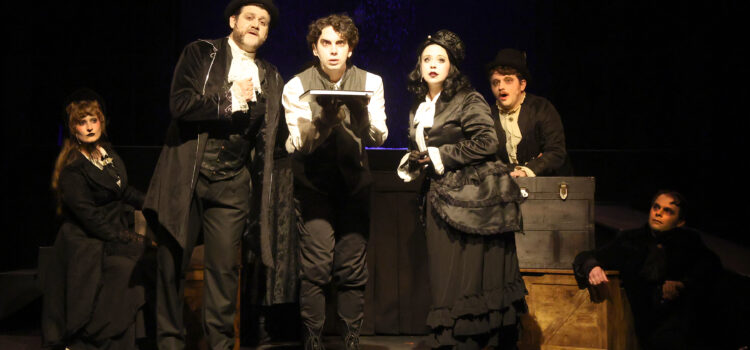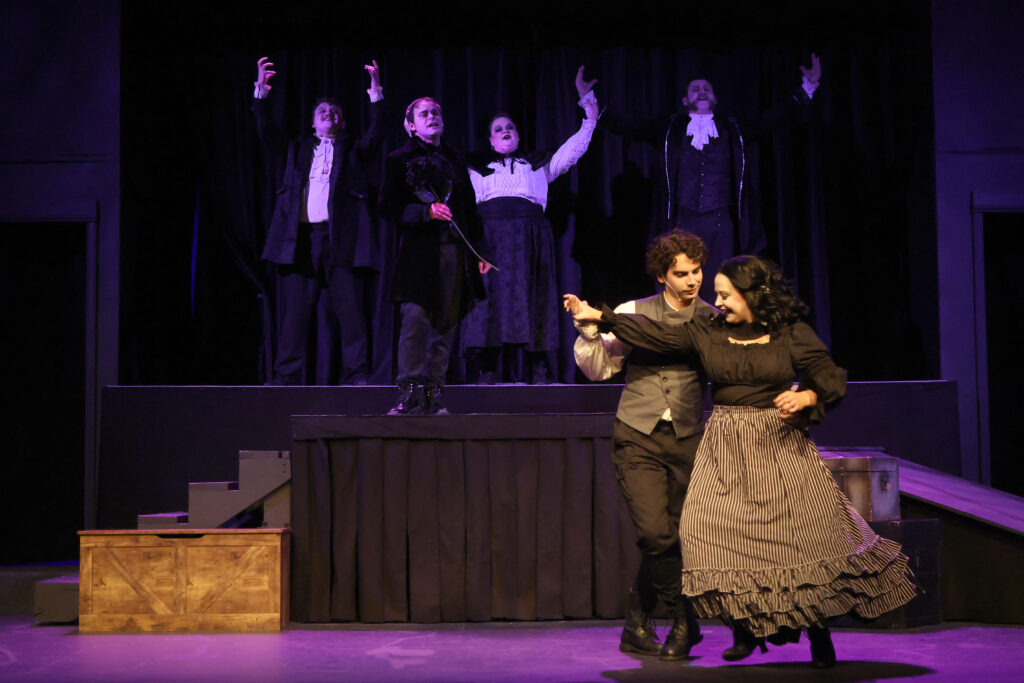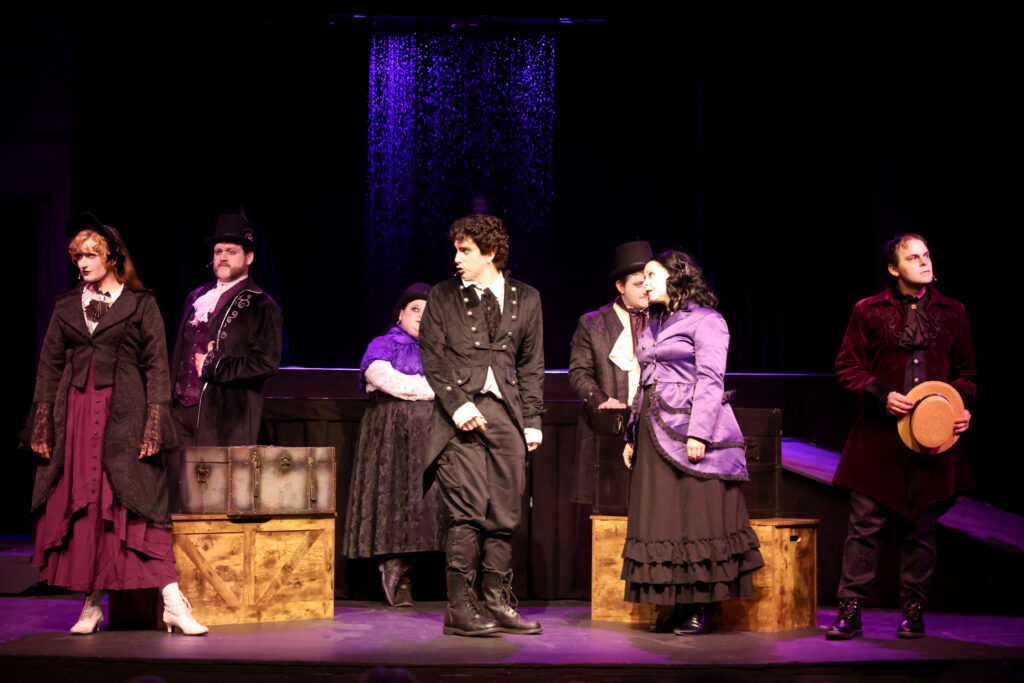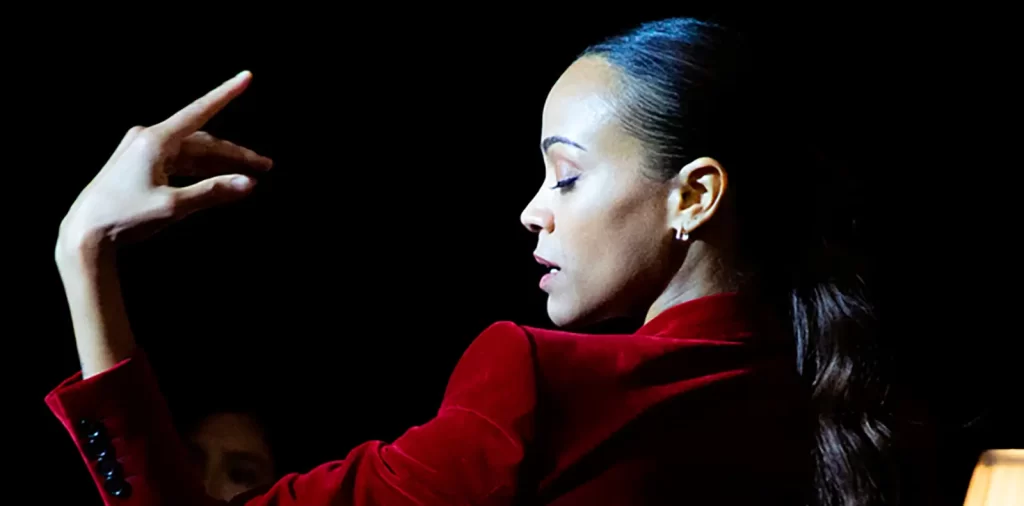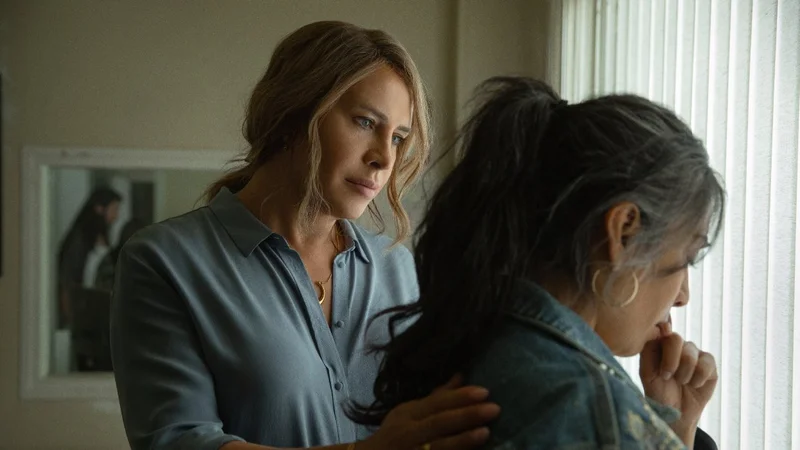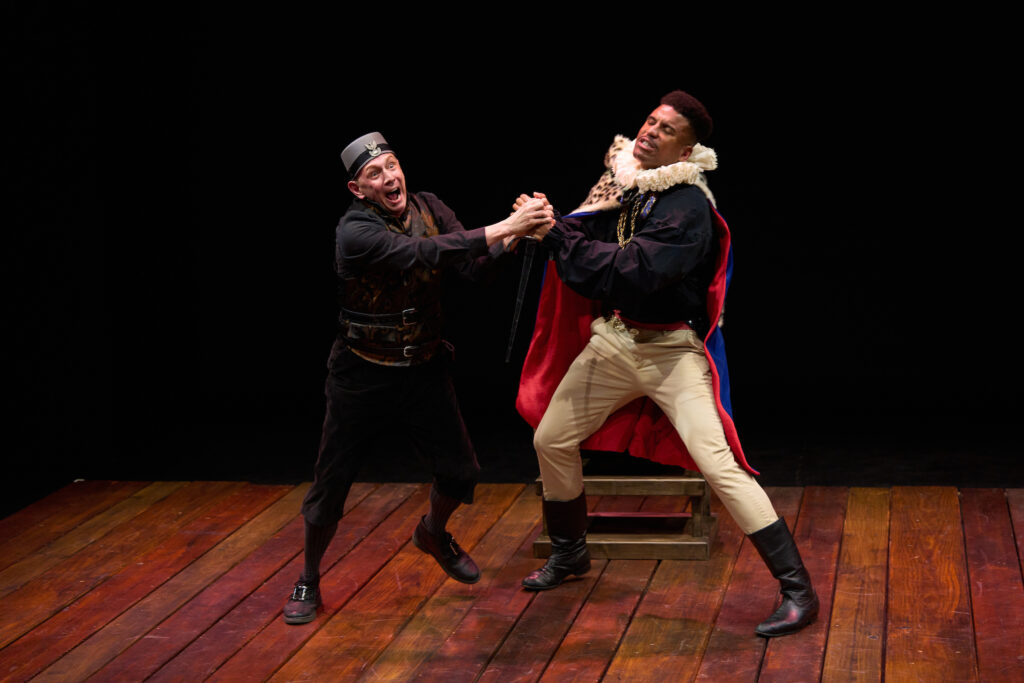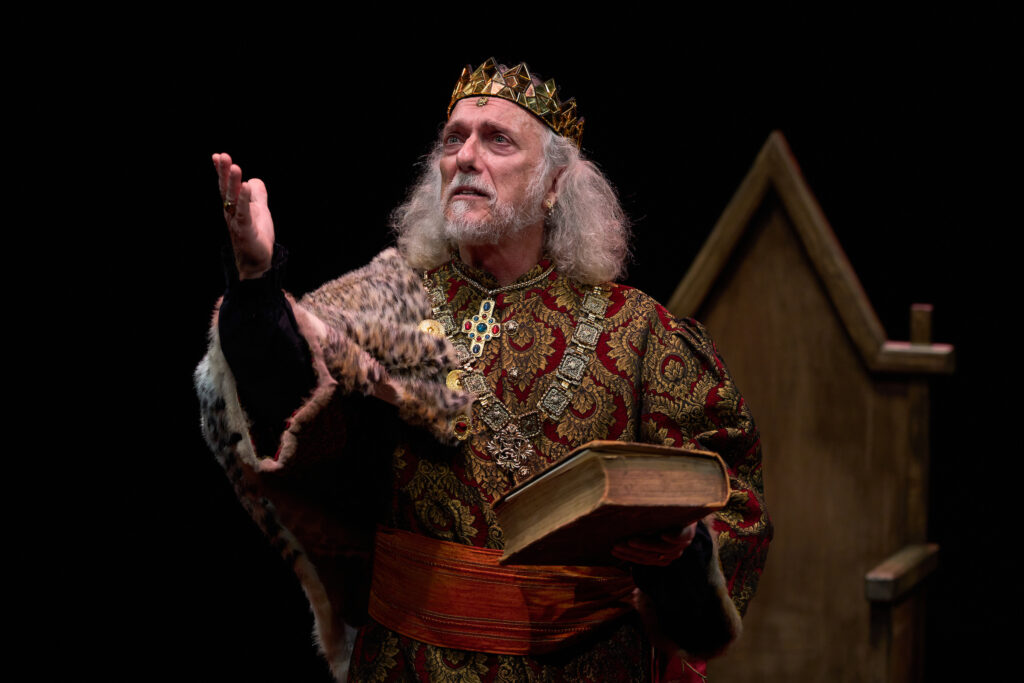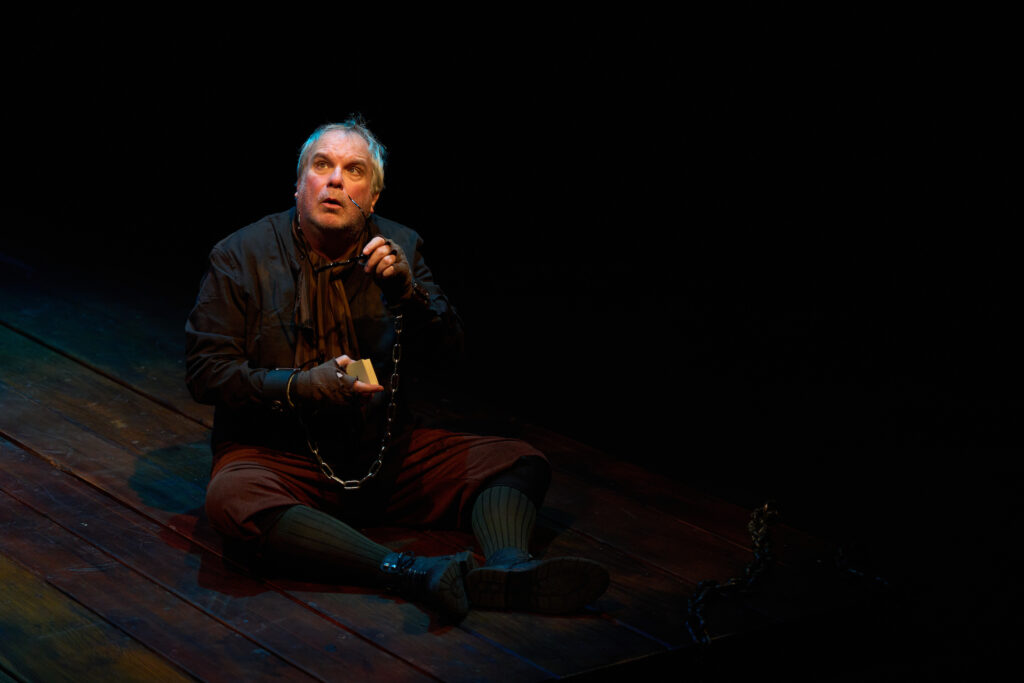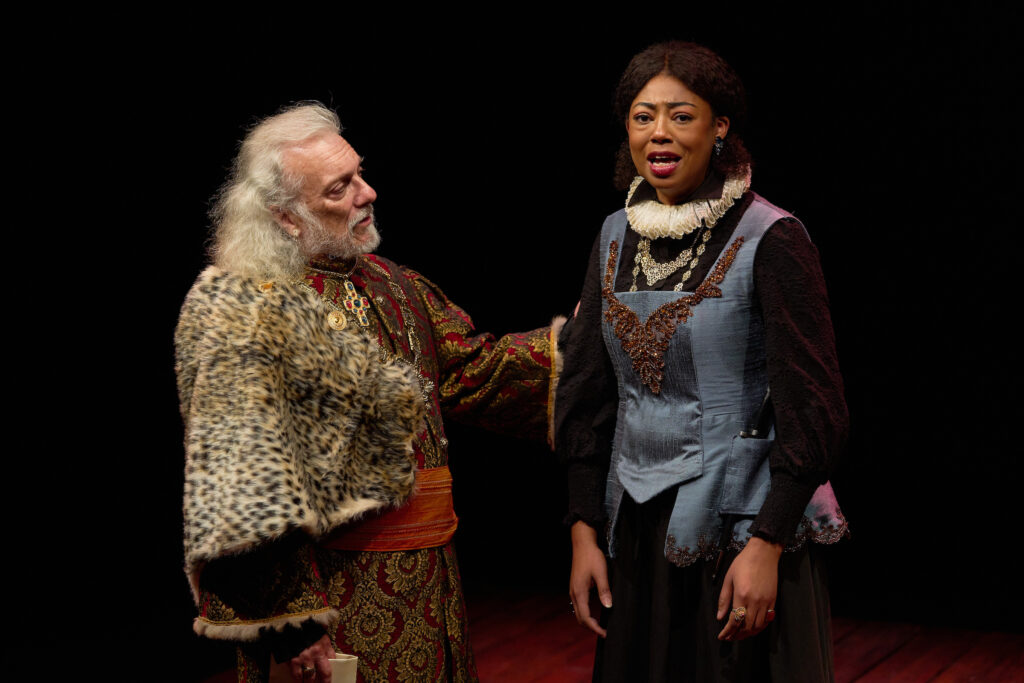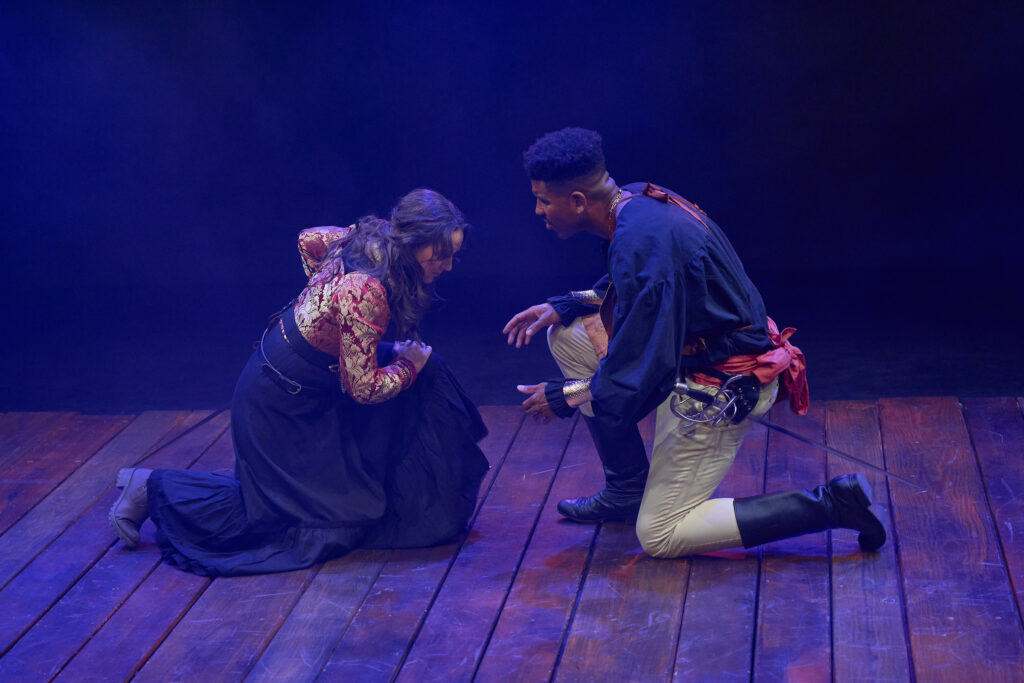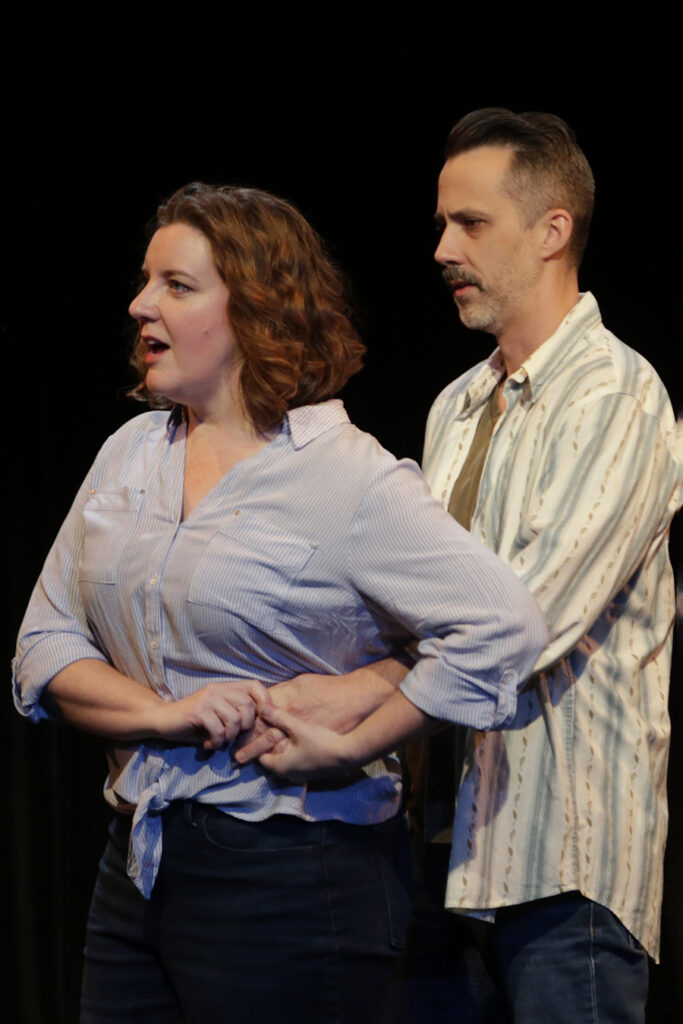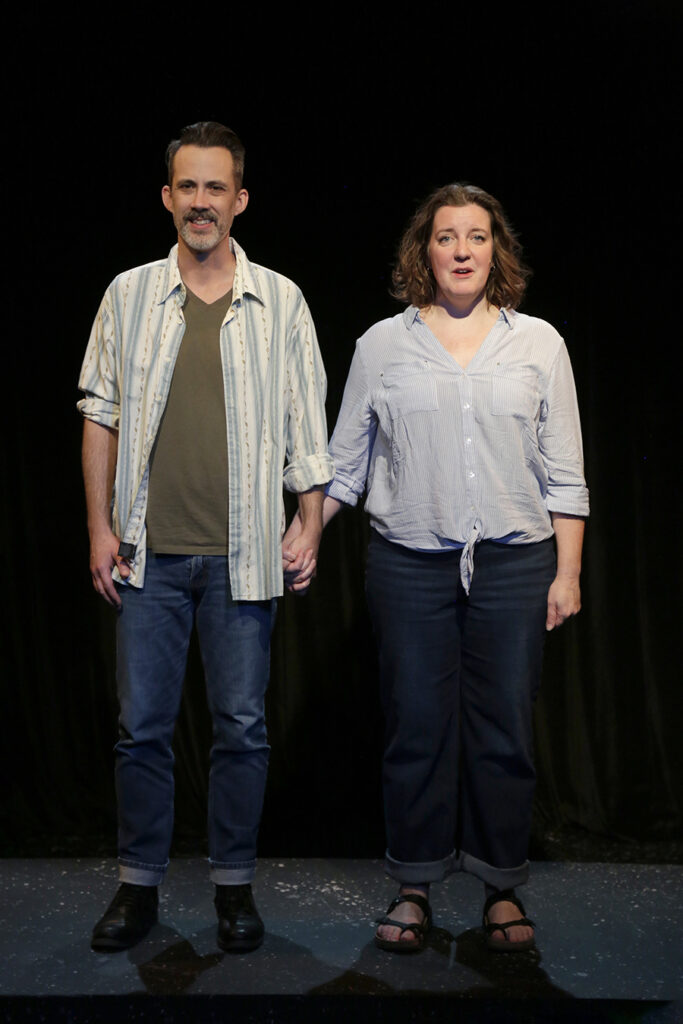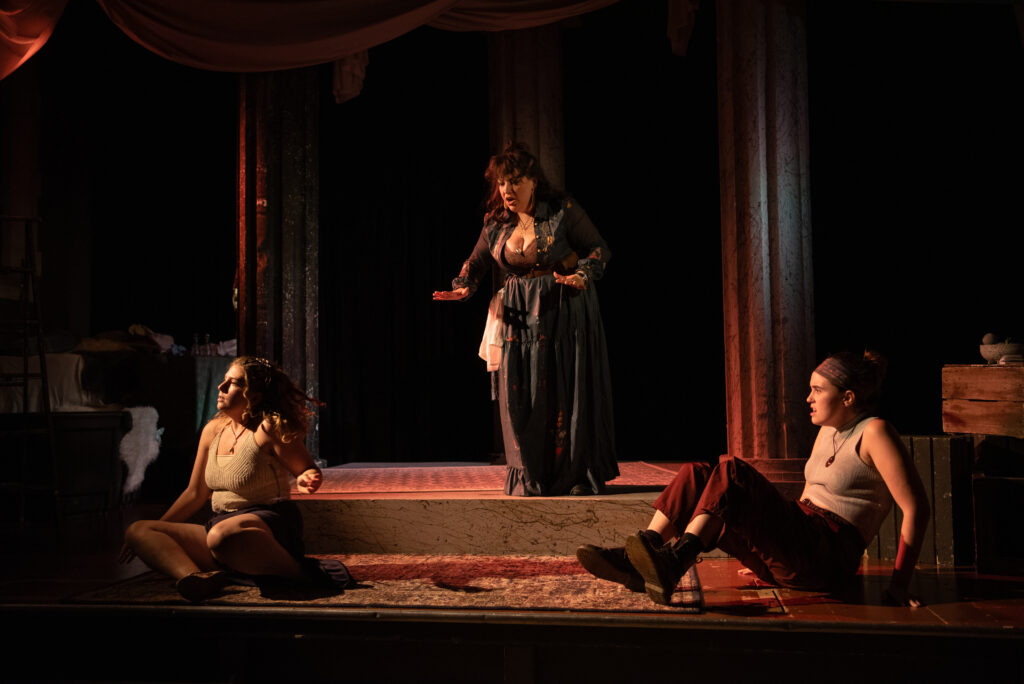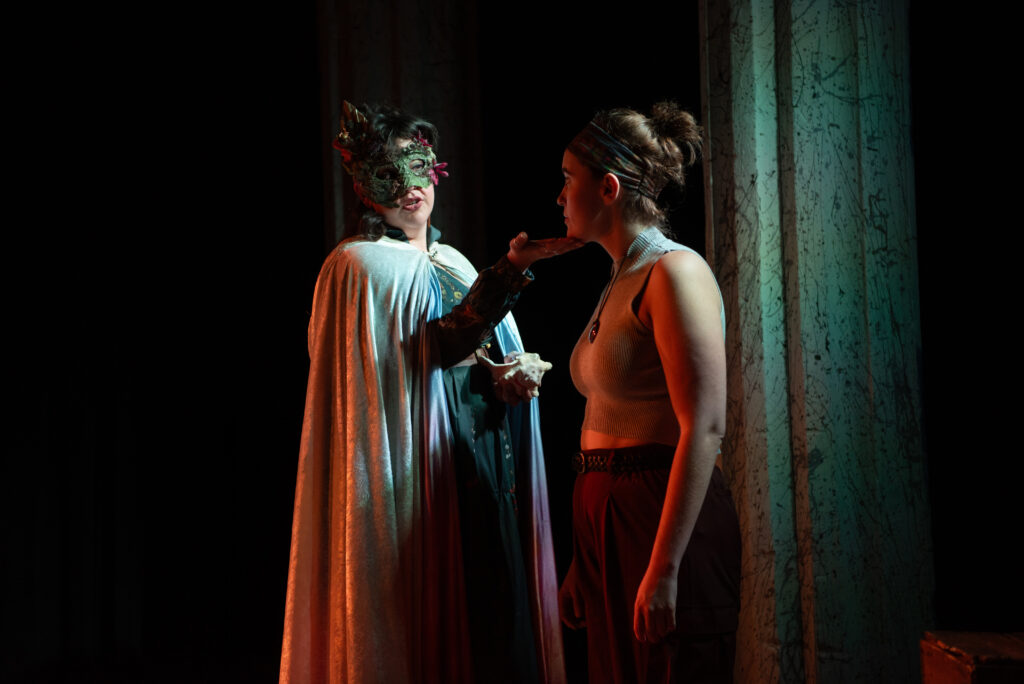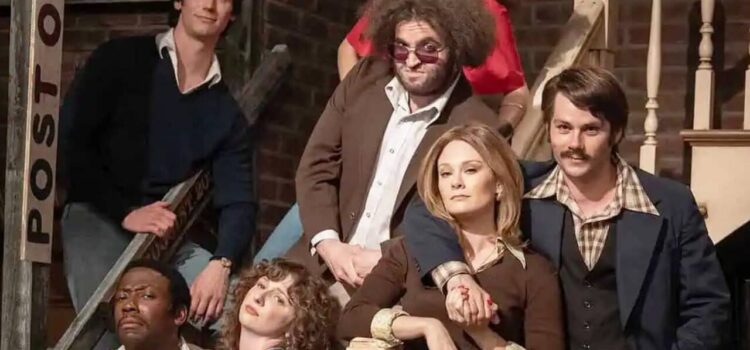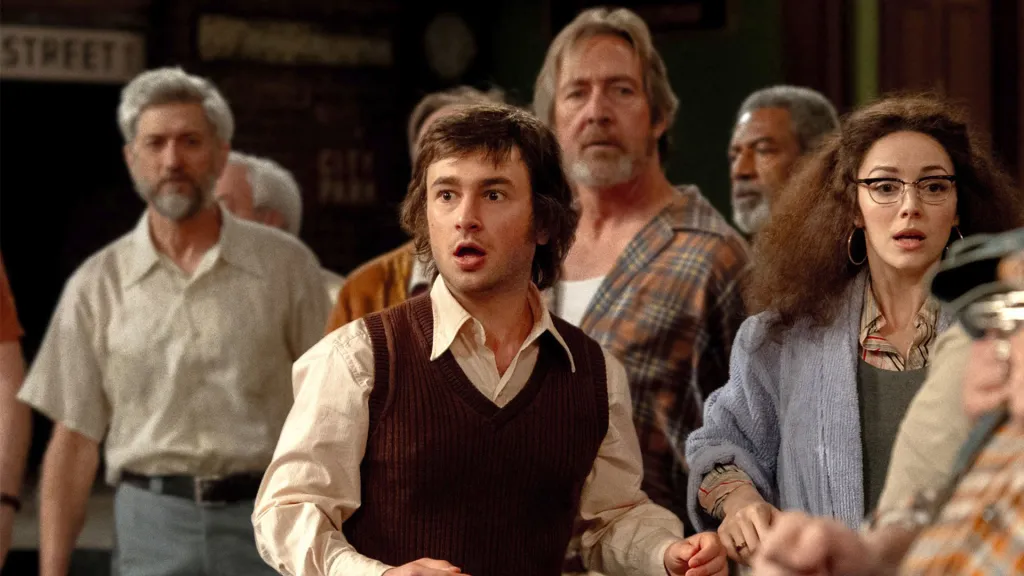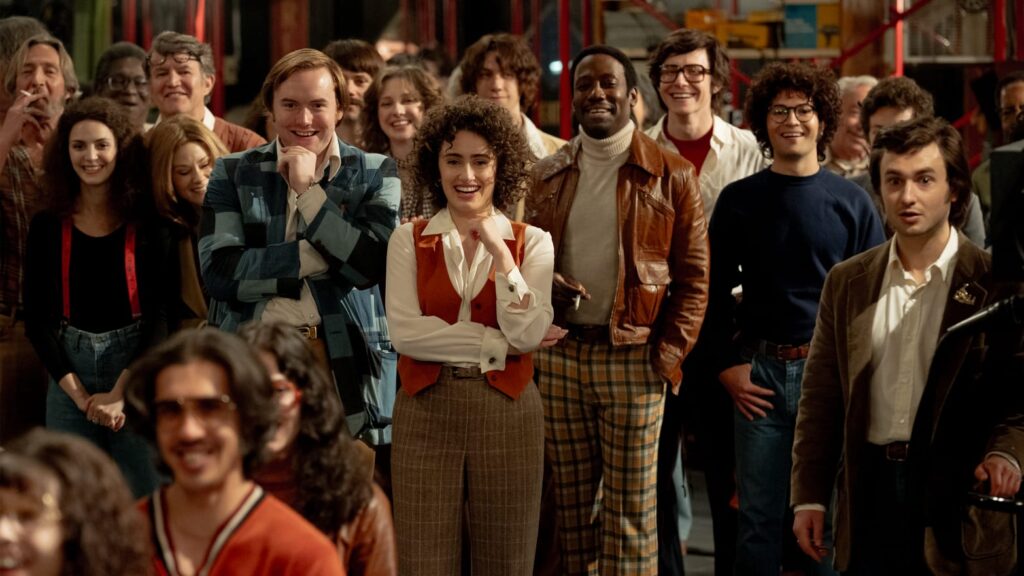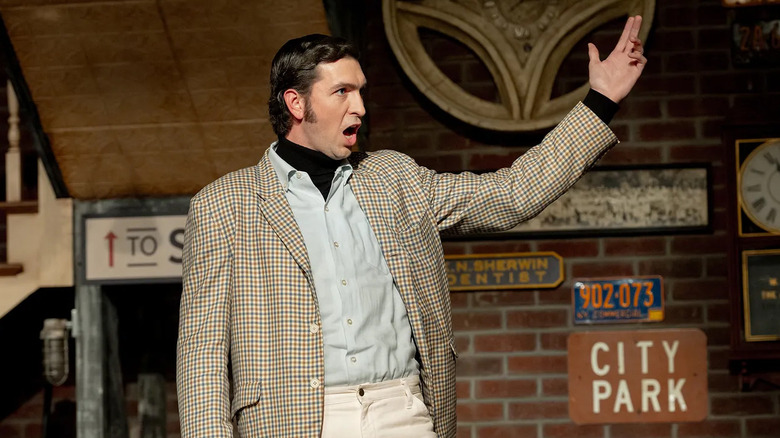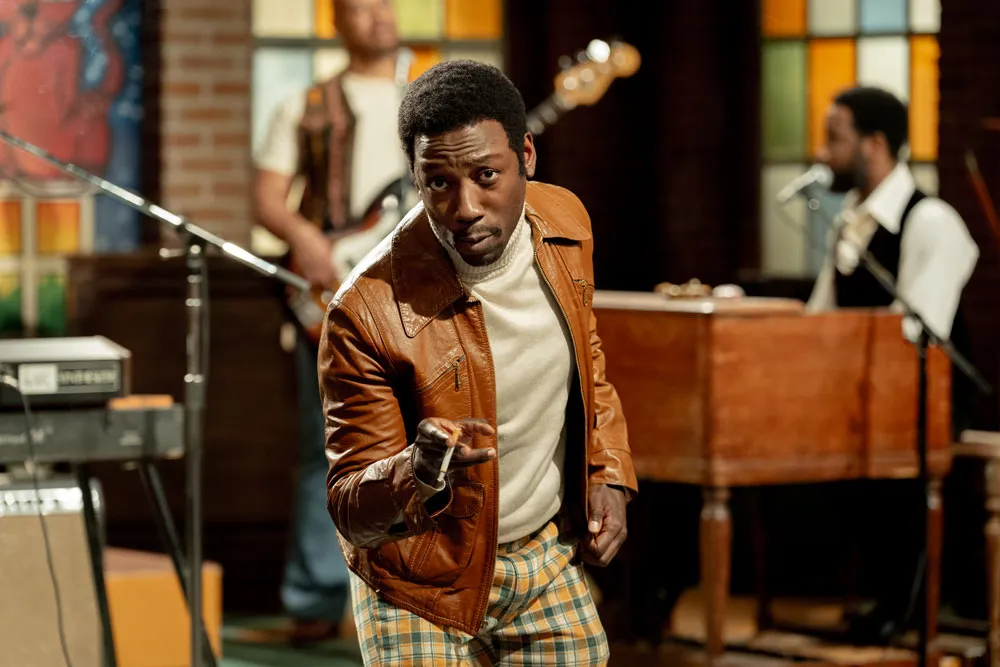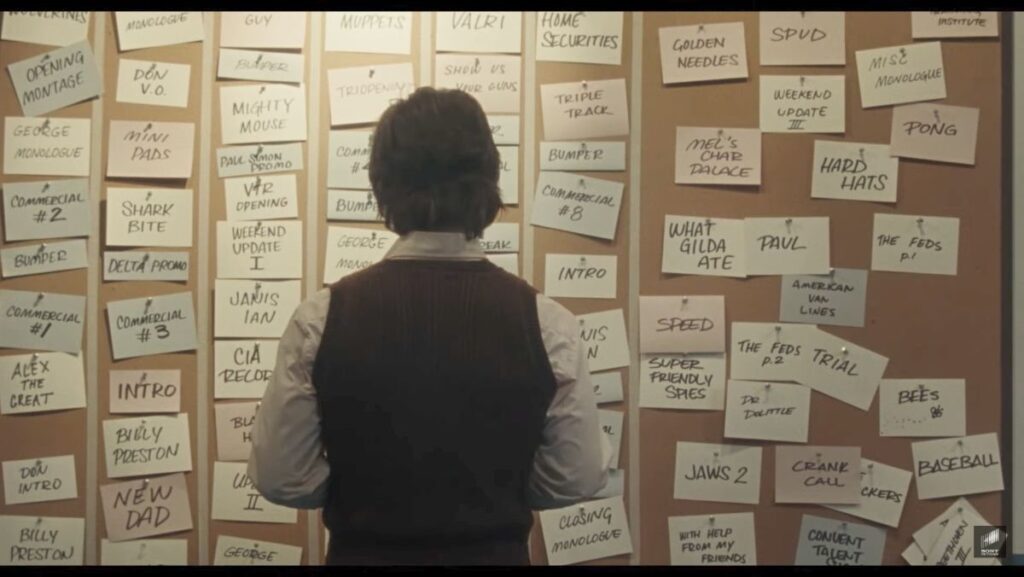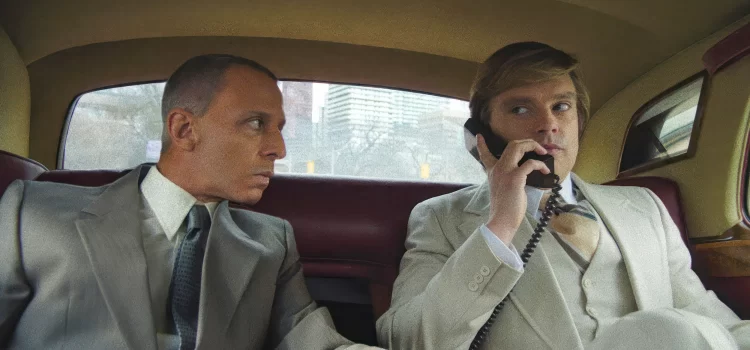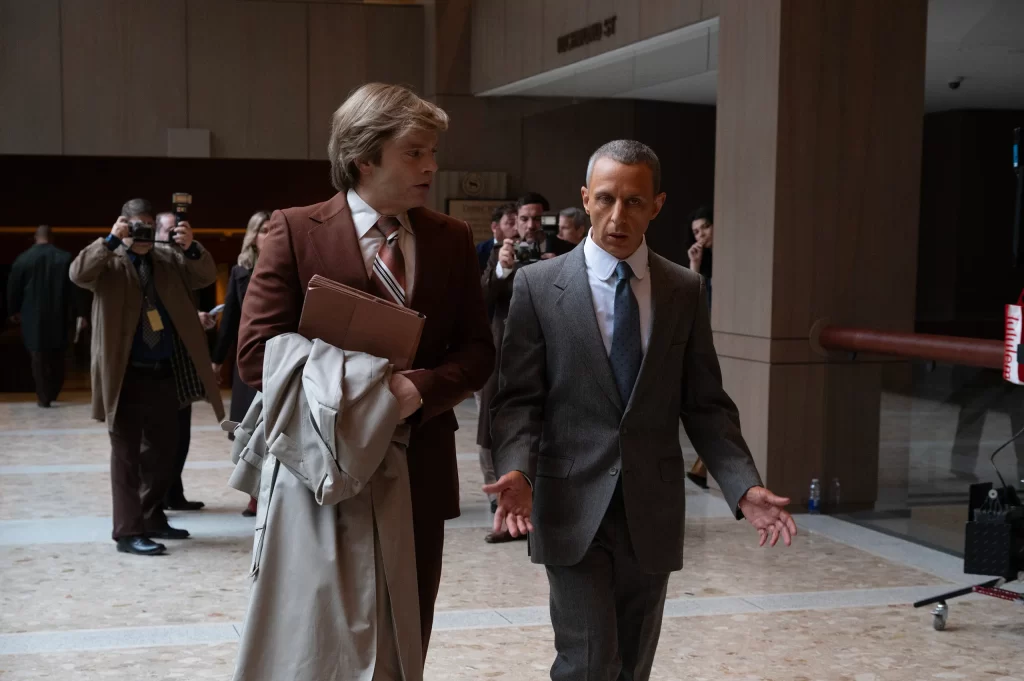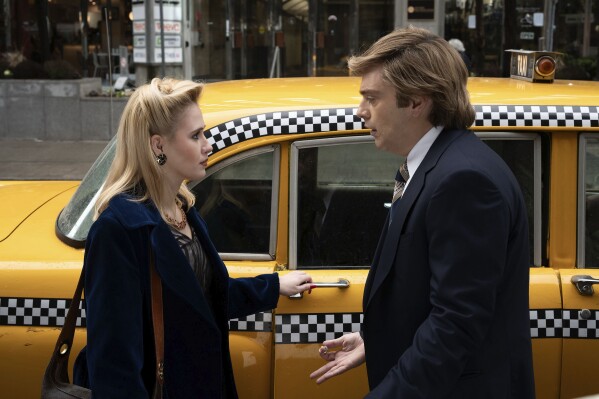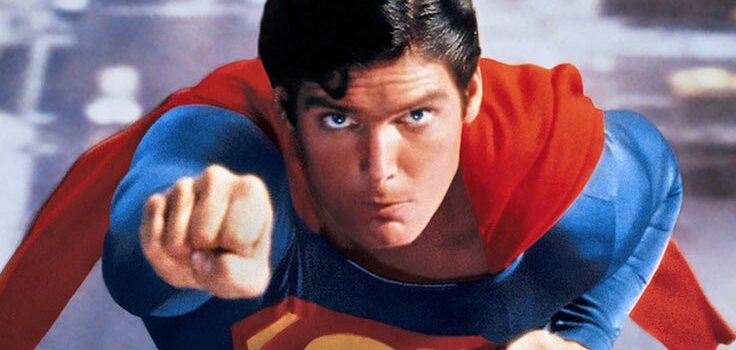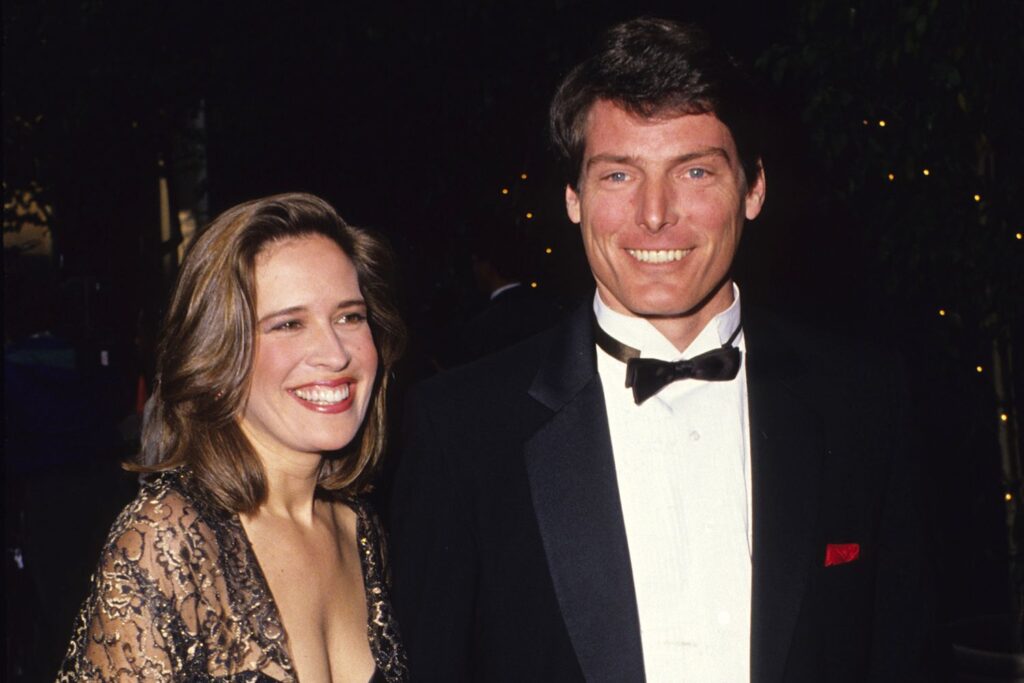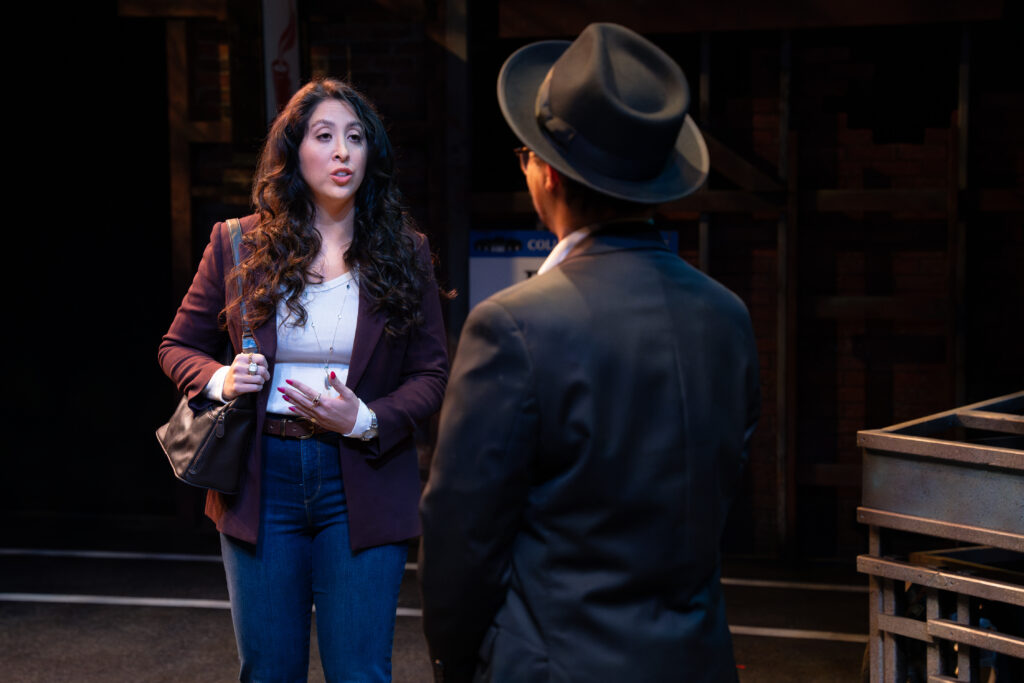By Lynn Venhaus
Sometimes, adults need a playdate too. For a merry good time, head to The Repertory Theatre of St. Louis’s Emerson Studio to join in the fun of watching a pair of seasoned performers – two of St. Louis’ finest – beautifully bookend each other in a dark comedy on self-discovery, “The Roommate.”
Jen Silverman’s sharp and funny character study, written in 2015, takes place in a big old house in Iowa City, Iowa. Under Rebekah Scallet’s concise and brisk direction, Kelley Weber and Nancy Bell breathe fresh life into contrasting personalities that are at crossroads.
Their odd-couple pairing is often the foundation for beloved television sitcoms, but in The Rep’s Studio space, it is an intimate journey molded by the playwright’s wit, technical brilliance, and the pitch-perfect comedic timing of the two lead actresses.
With a saucy wink and a broad smile, Scallet assuredly prepares us for the unexpected, timing out revelations for maximum effect, so that the audience is quickly invested in each unusual turn of events.
A never-better Weber plays sensible Sharon, recently divorced whose son lives away. She’s a chipper sort who has played it safe for most of her life, seemingly content with her rather traditional lifestyle. To help pay the bills and have some company, she advertises for a roommate.

Enter luminous Nancy Bell as Robyn, a free spirit who wants to relocate from New York City. She’s very different from Sharon – she reveals she is gay, vegan, a smoker trying to quit, and grows pot. (Marijuana remains illegal in Iowa, although medical marijuana is allowed). Mysterious, she appears to have more secrets, and some of her murky past eventually comes out.
Bell, widely respected for her talents on stage and directing productions, portrays Robyn with a marvelous ease. She understands Robyn’s desire to create a new identity after a lifetime of mistakes and regrets.
Weber, who hasn’t been as visible in recent years but recently retired as an educator, goes beyond the stereotypical Midwest homemaker to depict a range of emotions — showing loneliness, frustration, desires, and vulnerability.
Bell and Weber are old friends in real life, and project an unmistakable bond on stage. As natural as two people can be slipping into the skin of another – Bell sporting a temporary snake tattoo on her arm – they are convincing as they transform because of each other’s influence.
Most jarring is Sharon’s embrace of things dark, dangerous and criminal. Weber’s zest for walking on the wild side is not only believable but hilarious, while Robyn’s more casual personality takes a back seat when she becomes a cautionary voice of reason.

Those differences are what propel the action in this 90-minute show without intermission. Some twists and turns take place that are unforeseen, and while Silverman boxes in the characters toward its awkward conclusion, you never feel that the actresses are disingenuous. Their performances are complete.
While the offbeat story is the centerpiece, the creative team has enhanced the atmosphere with splendid work. Noteworthy is Jayson M. Lawshee’s warm interior lighting design and Kareem Deanes’ crisp sound design (with astute music choices for effective needle drops).
Scenic designer Robert Mark Morgan’s cozy kitchen design speaks to the room’s importance as the hub, the heartbeat of the home. With its exterior porch, sitting area and upstairs bedrooms factoring into the action, the setting is functional and the actors’ movements fluid.
The lived-in look and summer season is reflected in Lou Bird’s costume design too – mostly capris and an assortment of colorful print blouses for Sharon and ordinary jeans and T-shirts for Robyn.
A triumph all the way around, “The Roommate” emphasizes that reinvention can happen any time in life – with obvious bumps in the road. It is a bright spot on the fall theater landscape and opens the Studio series with flair.

With all due respect to the renowned stars Mia Farrow and Patti LuPone currently performing in the Broadway production, our St. Louis dynamic duo gives confident, engaging, relatable performances that bristle with energy, indicative of their own star power commanding local stages. Bell and Weber for the win! (Special mention to former associate artistic director Becks Redman for her astute casting.)
“The Roommate” is also special for its significance in re-opening the studio performance space to inaugurate the Steve Woolf Studio series, named after the late artistic director who made his mark in that role for 33 years. He retired in 2019 and died at age 75 in 2021.
In the past, the Studio series presented adventurous productions on a smaller scale than the mainstage season and was known for showcasing a variety of voices. The Studio remained dark after the pandemic shutdown in 2020, although “Gruesome Playground Injuries” was presented at the Kirkwood Performing Arts’ Strauss black box theatre in 2022.
Sitting in the Loretto-Hilton Center’s Studio space Friday, being part of its return, felt like a warm group embrace. Fond memories were shared and that feeling of comfort and familiarity surfaced.
That feeling carried over in the goodwill and support for what the current Augustin Family Artistic Director Kate Bergstrom and Managing Director Danny Williams are trying to achieve since The Rep announced its struggle to remain open in fall 2023. They launched a successful “Rally for the Rep,” and the turnaround to date has been remarkable.
Live theater has taken on a feeling of coming home since its return from the global pandemic, and that reconnection is meaningful, especially that The Rep is beginning its 58th season.
Given The Rep’s challenges and its renaissance-in-progress, there is a new sense of belonging, that people are pulling together to help it succeed in its mission. “The Roommate” is one of the reasons to cheer.
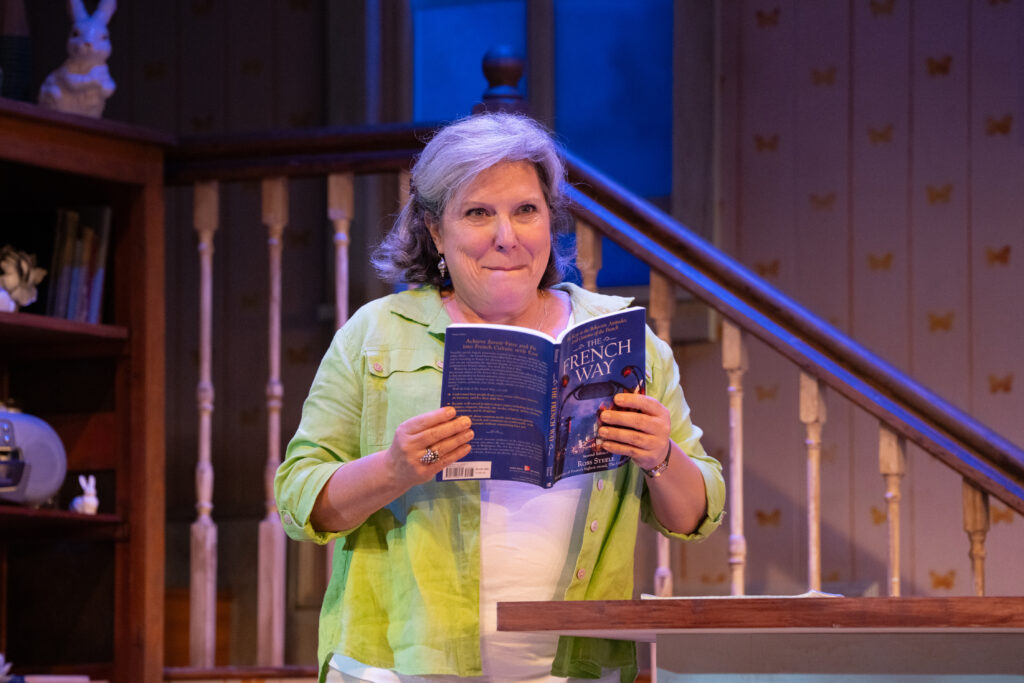
The Repertory Theatre of St. Louis presents “The Roommate” Oct. 23 – Nov. 17 in the Emerson Studio, 130 Edgar Road, St. Louis. Subscriptions and single tickets are available online at repstl.org, over the phone 314-968-4925 or in person at the Loretto-Hilton Center Box Office Tuesdays – Thursdays from 10:30-5pm. Seating for the production is General Admission with subscribers given priority seating beginning 30 minutes prior to curtain.
Rush Tickets: Available for students, seniors, educators, and theatre professionals by calling the Box Office at 314-968-4925, 1 – 2 hours prior to curtain time. For more information, please visit repstl.org.
Post Show Discussions follow Saturday, Nov. 2 and 9 at 4 pm performances.

Lynn (Zipfel) Venhaus has had a continuous byline in St. Louis metro region publications since 1978. She writes features and news for Belleville News-Democrat and contributes to St. Louis magazine and other publications.
She is a Rotten Tomatoes-approved film critic, currently reviews films for Webster-Kirkwood Times and KTRS Radio, covers entertainment for PopLifeSTL.com and co-hosts podcast PopLifeSTL.com…Presents.
She is a member of Critics Choice Association, where she serves on the women’s and marketing committees; Alliance of Women Film Journalists; and on the board of the St. Louis Film Critics Association. She is a founding and board member of the St. Louis Theater Circle.
She is retired from teaching journalism/media as an adjunct college instructor.


